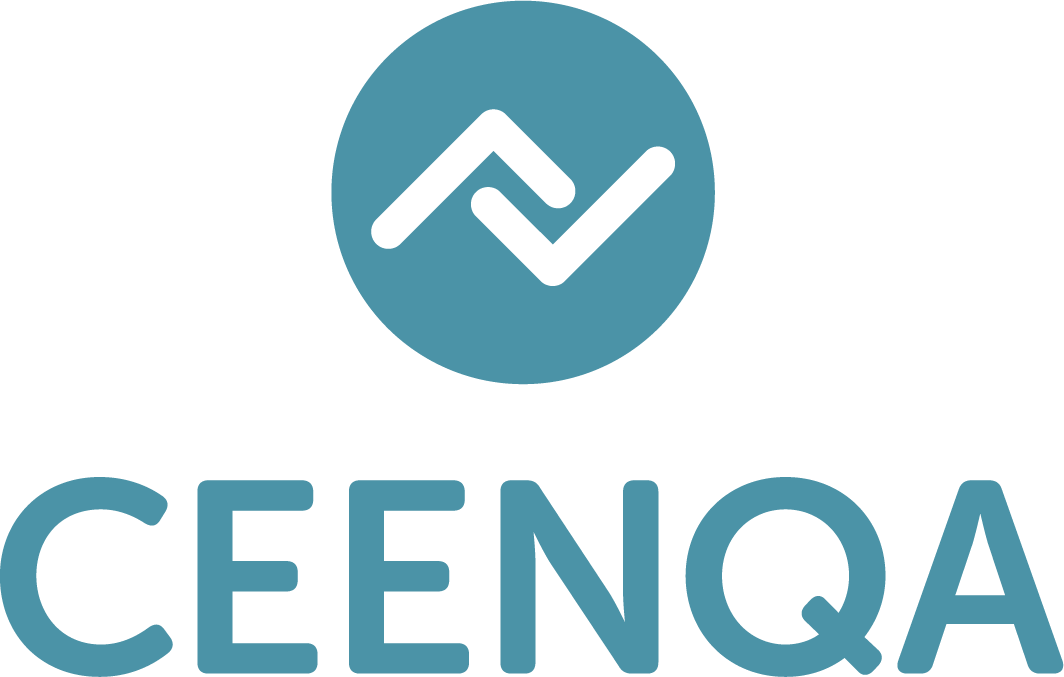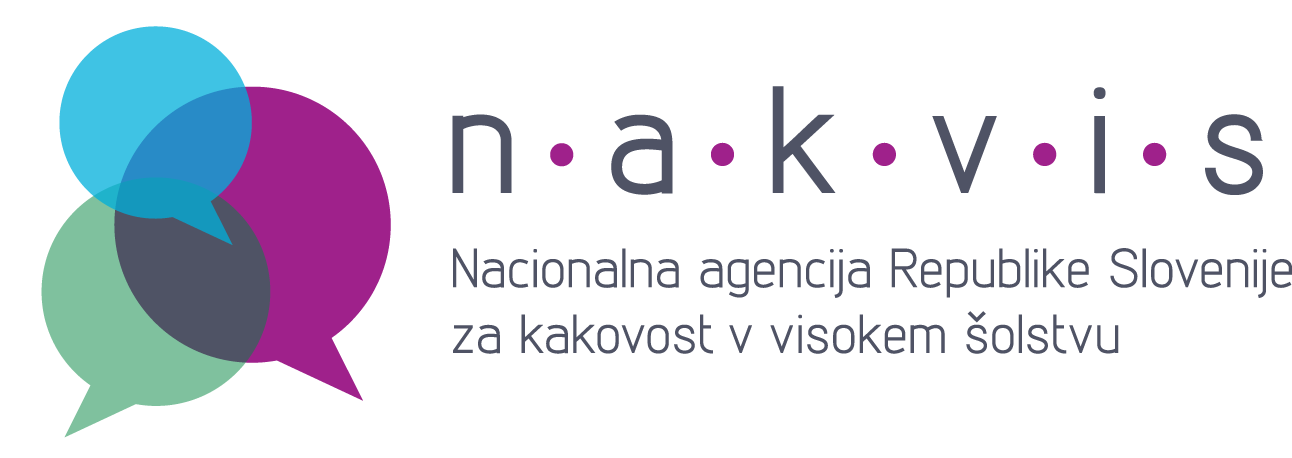SLOVENIA
Slovenian Quality Assurance Agency in Higher Education (SQAA/NAKVIS)
The Slovenian Quality Assurance Agency for Higher Education was established as non-governmental direct budget user and public authorisation holder by a Resolution on the Founding of the Slovenian Quality Assurance Agency for Higher Education.
The Agency has three bodies: the Council, the Director and the Appeal Committee.
The Council is the highest decision-making body within the Agency. Its tasks are laid down in the Higher Education Act (HEA), among others, and include defining procedures and accreditation criteria, criteria for external evaluation of higher vocational colleges and other acts, adopting decisions on accreditations and external evaluations, etc. The Council adopts decisions at regular monthly sessions and consists of eleven members.
The Director is appointed and dismissed by the Agency Council on the basis of a public competition in accordance with the conditions and criteria laid down in the HEA. The Director is appointed for a period of five years and may be reappointed. Their tasks are defined in the HEA.
The Appeal Committee is appointed by the Agency Council on the basis of a public call. The Appeal Committee consists of three members, each member has their deputy.
The Agency is internally organized into three internal organizational units; each is led by the head of the department: the Quality Assurance Department, the Department of Analytics, International Cooperation and Information Technology and the General Affairs Department. There are 19 employees within all the departments.
|
Street name: |
Miklošičeva cesta 7 |
|
Postal code and City: |
SI-1000 Ljubljana |
|
Country: |
Slovenia |
|
Phone/Fax: |
+386 1 400 57 71 |
|
E-mail: |
|
|
Website: |
|
|
Introductory Presentation: |
|
|
Contact person: |
Nataša Kramar |
|
Function of contact person: |
International Relations |
|
Founding year: |
2010 |
|
Legal status: |
Non-governmental direct budget user and public authorisation holder |
|
International links and membership: |
ENQA, EQAR, ECA, INQAAHE |
The Agency provides for the comparability and international recognition of the Slovenian higher education area, and advocates continuous improvement of its quality. In accordance with higher education legislation, accreditation and evaluation procedures are the core activity of the Agency. These procedures are based on in-depth assessment of the quality of higher education institutions, higher vocational colleges and study programmes. The Agency also counsels all stakeholders and participants in tertiary education in line with European and global development trends.
see: https://www.aq.ac.at/en/about-us/agency/agency.php
AQ Austria is a quality assurance agency that is recognized in Austria as well as internationally and operates in several countries. It is based on the values public responsibility for quality in higher education, securing academic freedom, autonomy of higher education institutions and scientific integrity. It supports the higher education institutions in continuous quality enhancement and, thanks to their expertise, provides impulses for the further development of the higher education system. It also contributes to providing transparent information about the quality of higher education institutions in their service areas. The following principles apply to the activities of AQ Austria:
- AQ Austria is independent in its activities and free of instructions. Decisions in quality assurance procedures are made solely on quality grounds.
- The quality assurance procedures are based on international standards of good practice, in particular the Standards and Guidelines for Quality Assurance in the European Higher Education Area (ESG).
- The quality standards of AQ Austria are suitable for covering different university profiles.
- Universities bear the primary responsibility for quality in all their areas of work, quality assurance and development.
- AQ Austria understands its quality assurance procedures as a supplement to internal quality assurance and development.
- The work of the Agency in general, the procedural rules and standards or criteria in particular, will be further developed in an experiential, continuous internal learning process in collaboration with universities and other stakeholders.

